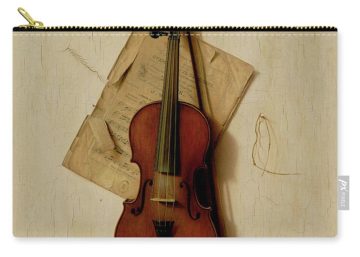Caryn James at BBC Culture:
 As in magic, viewers of trompe l’oeil know they’re being deceived, and are in on the joke. And there may be something hard-wired in our attraction to those tricks. Gustav Kuhn, Reader in Psychology at Goldsmith’s, University of London, studies cognition and illusions, specifically in magic. No one really knows why we like to be tricked, he says, but he speculates that the attraction comes from “some sort of deep-rooted cognitive mechanism that encourages us to explore the unknown.” Studies of infants point in that direction. “Cognitive conflict is at the essence of magic,” he says. If you hide an object, then reveal the empty space where it was, “For really young infants, they don’t have a concept of object permanency, and so it doesn’t violate their assumptions about the world and they’re not really that interested. However, after the age of about two, where this violates their assumptions, they become captivated.”
As in magic, viewers of trompe l’oeil know they’re being deceived, and are in on the joke. And there may be something hard-wired in our attraction to those tricks. Gustav Kuhn, Reader in Psychology at Goldsmith’s, University of London, studies cognition and illusions, specifically in magic. No one really knows why we like to be tricked, he says, but he speculates that the attraction comes from “some sort of deep-rooted cognitive mechanism that encourages us to explore the unknown.” Studies of infants point in that direction. “Cognitive conflict is at the essence of magic,” he says. If you hide an object, then reveal the empty space where it was, “For really young infants, they don’t have a concept of object permanency, and so it doesn’t violate their assumptions about the world and they’re not really that interested. However, after the age of about two, where this violates their assumptions, they become captivated.”
more here.
